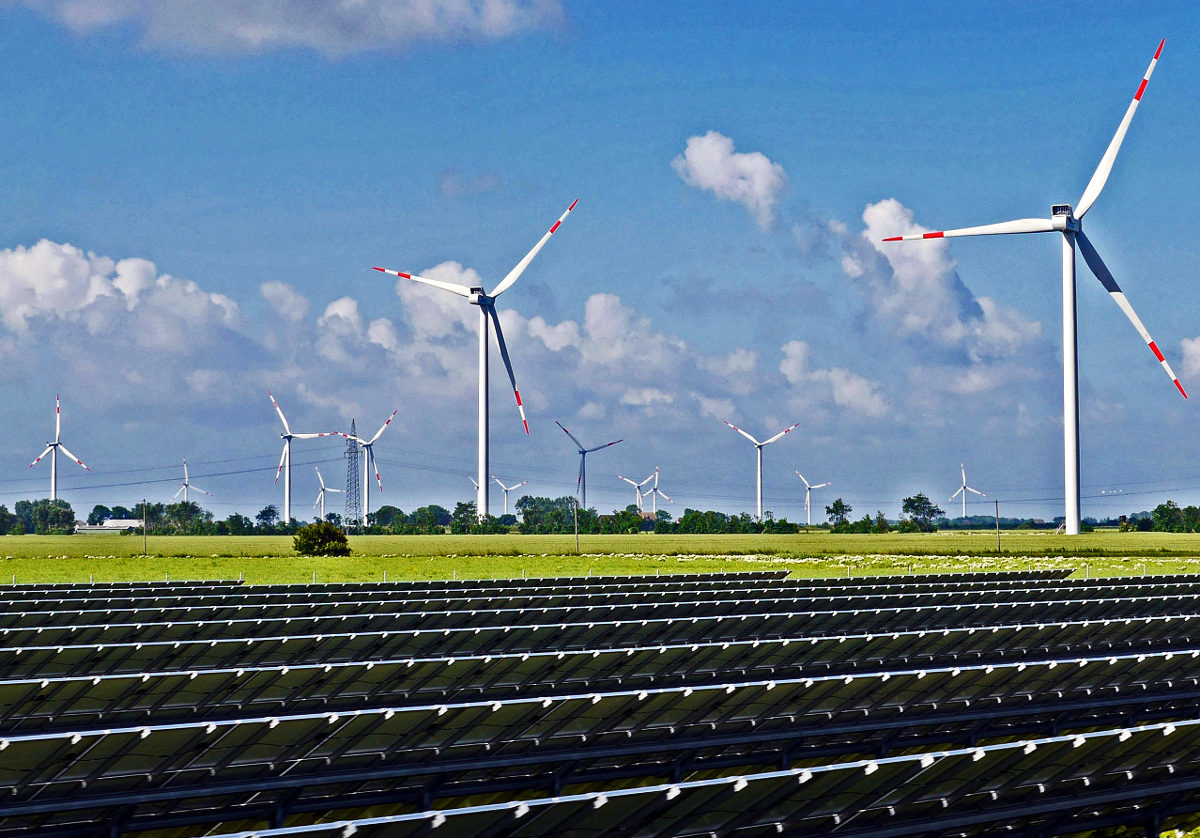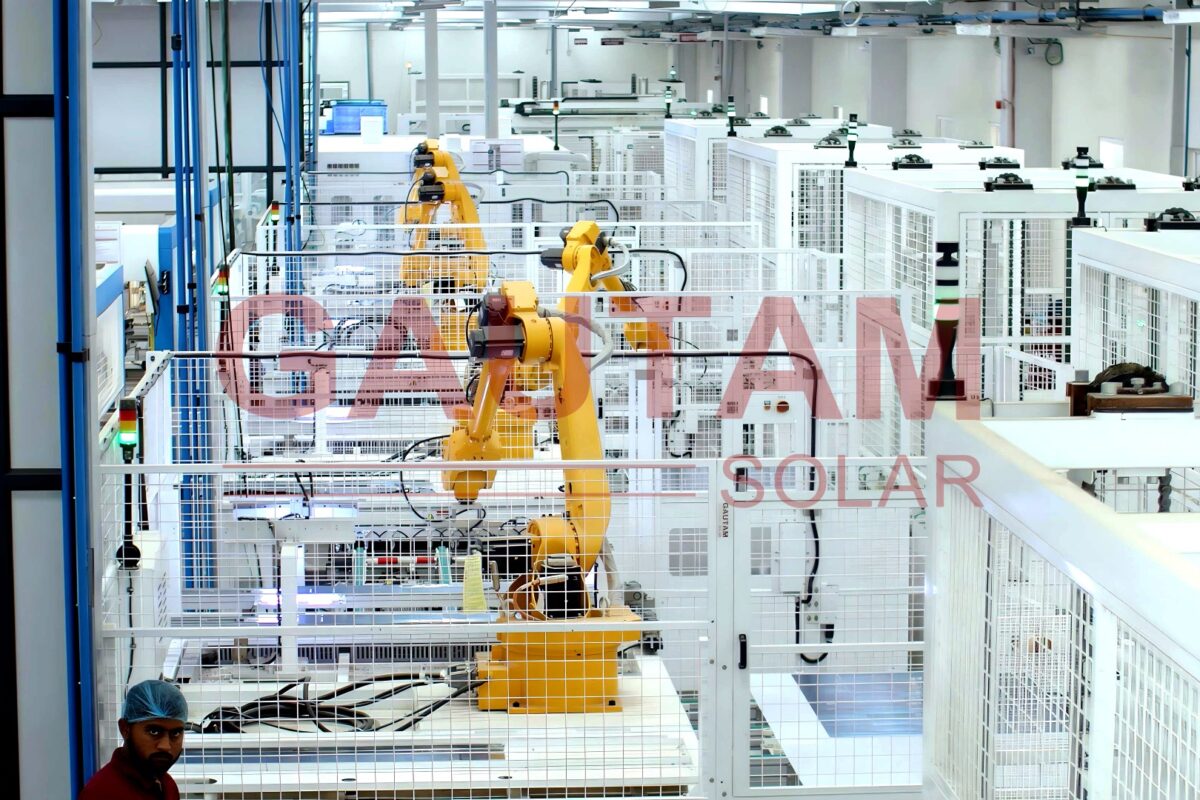A new report demonstrates renewables coupled with battery storage as a technically and financially viable option to building new coal plants in Tamil Nadu.
The report finds the levelized cost of electricity generation for a hypothetical hybrid solar-wind-lithium-ion battery storage system for the state to be INR 4.97/kWh in 2021, which falls to INR 3.4/kWh by 2030. In comparison, the cost of electricity produced from new coal power plants in Tamil Nadu is between INR 4.5-6/kWh.
The report was prepared by JMK Research and Climate Trends based on the modeling of such a hybrid system and techno-commercial analysis. For the study, the hybrid system was designed for 1 GW of solar and wind capacity in 2021 with two hours of battery backup, which was increased step-wise over ten years to a four-hour backup by 2030.
“Our analysis found that the cost of hybrid RE with battery storage system is at parity with new coal power plants in Tamil Nadu. Moreover, in ten years’ time, incremental capacity addition would further drive down the cost by over 31%” said Jyoti Gulia, founder of JMK Research and Analysis.
The research further highlighted that adding lithium-based battery storage would help reduce the curtailment of renewable energy in the State.
Close to 50% of solar power generation in Tamil Nadu was curtailed since the lockdown in March 2020. Similarly, its curtailment of wind power in 2019 went up to 3.52 hours per day from 1.87 hours per day in 2018.
Modeling
The analysis tracks the system from an initial capacity of 800MW of solar and 200MW of wind along with 500MWh of storage that would cater to Tami Nadu’s average annual power demand for two hours per day from 2021-23. Its capacity was augmented to three hours of daily backup for 2024-26, and then four hours per day for 2027-30.
The study found that in the last year, the hybrid system would meet 29% of Tamil Nadu’s average annual power demand at a competitive LCOE of INR 3.4/kWh.
The report considered that Tamil Nadu has five new thermal power projects in its pipeline over the next three years. The Cheyyur ultra mega coal power plant is the biggest of these projects with a tariff of INR 5-6/kWh, which would be 32-43% more expensive than the system modeled in the analysis.
“Tamil Nadu has got the largest installed renewable energy capacity and it leads India’s energy transition efforts, yet it also has the largest coal power pipeline in the country. Since RE with battery storage works out to be cheaper than coal, perhaps TANGEDCO and other state power generation companies need to reconsider the coal pipeline,” said Aarti Khosla, Director, Climate Trends.
Also, if this hypothetical, solar- and wind-powered storage system were to wheel all of its energy to Delhi, even after accounting for ISTS charges it could cover 100% of Delhi’s average yearly electricity demand by 2030 at an LCOE of INR 4.4/kWh, the report stated.
This content is protected by copyright and may not be reused. If you want to cooperate with us and would like to reuse some of our content, please contact: editors@pv-magazine.com.









7 comments
By submitting this form you agree to pv magazine using your data for the purposes of publishing your comment.
Your personal data will only be disclosed or otherwise transmitted to third parties for the purposes of spam filtering or if this is necessary for technical maintenance of the website. Any other transfer to third parties will not take place unless this is justified on the basis of applicable data protection regulations or if pv magazine is legally obliged to do so.
You may revoke this consent at any time with effect for the future, in which case your personal data will be deleted immediately. Otherwise, your data will be deleted if pv magazine has processed your request or the purpose of data storage is fulfilled.
Further information on data privacy can be found in our Data Protection Policy.